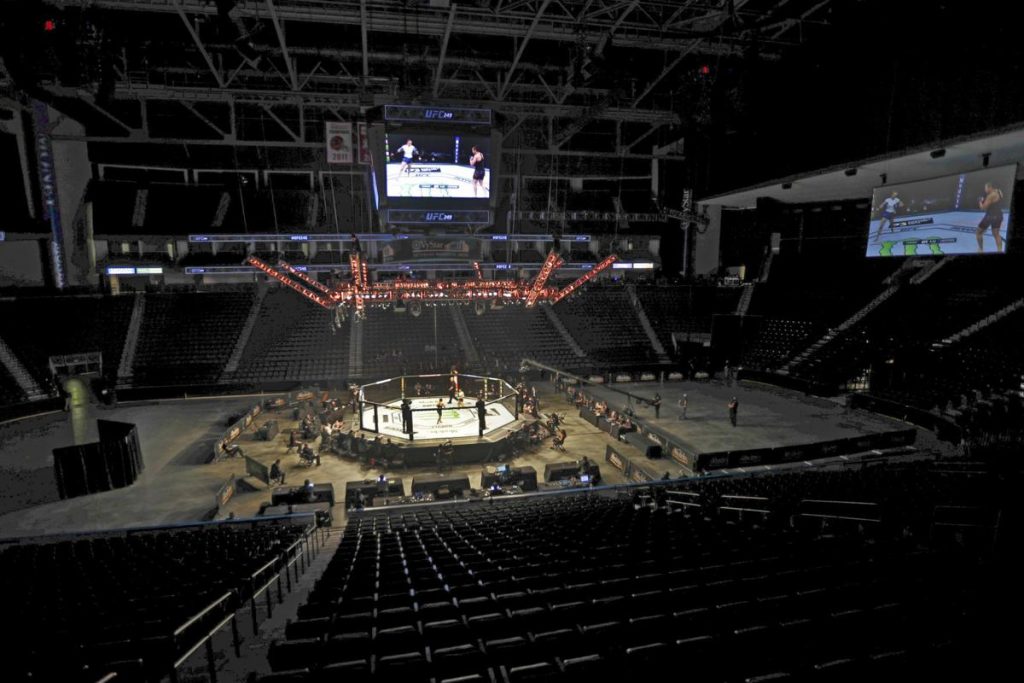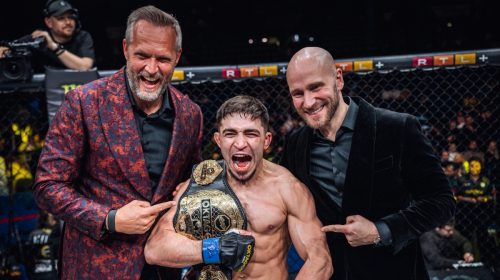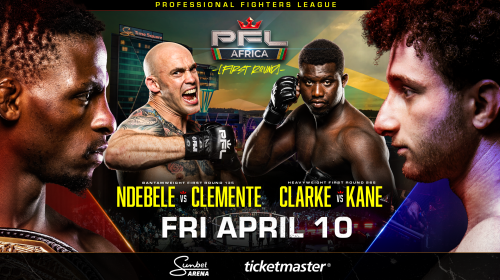
How will MMA Change Post Covid-19?
The global sporting landscape has become somewhat bare of late, with a raft of international football, tennis and boxing events having been postponed due to the challenges posed by social distancing and coronavirus.
However, Mixed Martial Arts (MMA) is a discipline that has continued largely unabated during the Covid-19 pandemic, with the recent UFC 249 event taking place behind closed doors in Jacksonville, Florida.
Japanese websites that accept bets saw huge spikes in activity during this event, during which Justin Gaethje upset the odds with a brutal fifth-round KO of rival Tony Ferguson. But what does the immediate future hold for MMA, and how will tournaments such as the UFC evolve post Covid-19?
Business as Usual at the UFC? Don’t be Fooled
Given the most recent events, you could be forgiven for thinking that it really was business as usual for MMA and flagship disciplines such as the UFC.
Not only this, but the UFC’s main protagonists have been increasingly active on social media of late, with Tony Ferguson simultaneously doing battle with old foe Connor McGregor and seemingly burying the hatchet with nemesis Khabib Nurmagomedov.
McGregor has also been talking up a number of potential fights during a spat with Nurmagomedov, underlining his desire to secure a rematch with the Russian following his controversial defeat back in October 2018.
However, the lack of a corporeal audience undoubtedly created a unique and somewhat surreal atmosphere, which highlighted the unprecedented circumstances around the event and also helped to drive peak viewership figures of 1.6 million on ESPN.
It’s also unclear about the ease with which high-profile, headline bouts can be made in the current health and socio-economic climate, despite additional closed door events being scheduled for May 30th (UFC Fight Night) and June 6th (UFC 250).
Beyond this, a number of subsequent events have been postponed throughout the remainder of June and July, and there can be no doubt that the short and medium-term future for UFC and MMA as a whole remains decidedly uncertain.
The Truth About MMA and the UFC – What Does the Future Hold?
While these factors are indicative of the unusual circumstances that we find ourselves in, the challenges facing MMA and its practitioners are also borne out by changing training measures and regimes.
Of course, UFC’s elite athletes have tried their very best to train as usual in recent times (particularly those who competed at UFC 249 or are scheduled to take part in an upcoming event), but many have had to revise their efforts and operate independently rather than with coaching staff and sparring partners.
For One Championship star Shinya Aoki, it’s also fair to say that there’s a more immediate focus on safeguarding your wellbeing and the health of those around you.
This reaffirms the sense amongst many that the resumption of full sporting activities and returning to the so-called ‘old normal’ remains less important than the immediate challenge facing us, and this mindset could well become more prominent in the near-term.
On the subject of training, UFC lightweight Joe Lauzon has revealed that the Covid-19 pandemic has forced him to temporarily close the doors at his gym in Massachusetts. This is something that’s now impacting on owners and trainers across the globe, not least because there remains huge confusion about which events will be cancelled and those that will go ahead.
As we’ve already said, a number of relatively prestigious events have already been postponed through the summer, while a select few are set to play out behind closed doors.
With no apparent rhyme or reasons to these cancellations, both fighters and trainers are having to take on considerable levels of financial stress while the former are struggling to train at their optimal peak.
Of course, Lauzon has responded by implementing remote digital training plans that are innovative and enable his charges to prepare at home. This is ideal if they have upcoming events that may or may not go ahead, as it guarantees increased levels of fitness and creates a scenario where fighters have the highest possible preparedness.
The Last Word
If we delve beyond the surface of UFC 249 and recent MMA events, we see that the notion of business as usual should be considered as fanciful at best.
The widespread uncertainty surrounding the sport and the continued lack of audience representation are also key concerns, particularly from the perspective of long-term financial health and with behind closed door events likely to remain the norm for the foreseeable future.
However, it must be said that MMA and the UFC are at least continuing in some capacity, which is more than can be said for some professional sports including tennis and boxing. This should provide cause for optimism, particularly with further events currently scheduled to take place over the course of the next two weeks or so.























